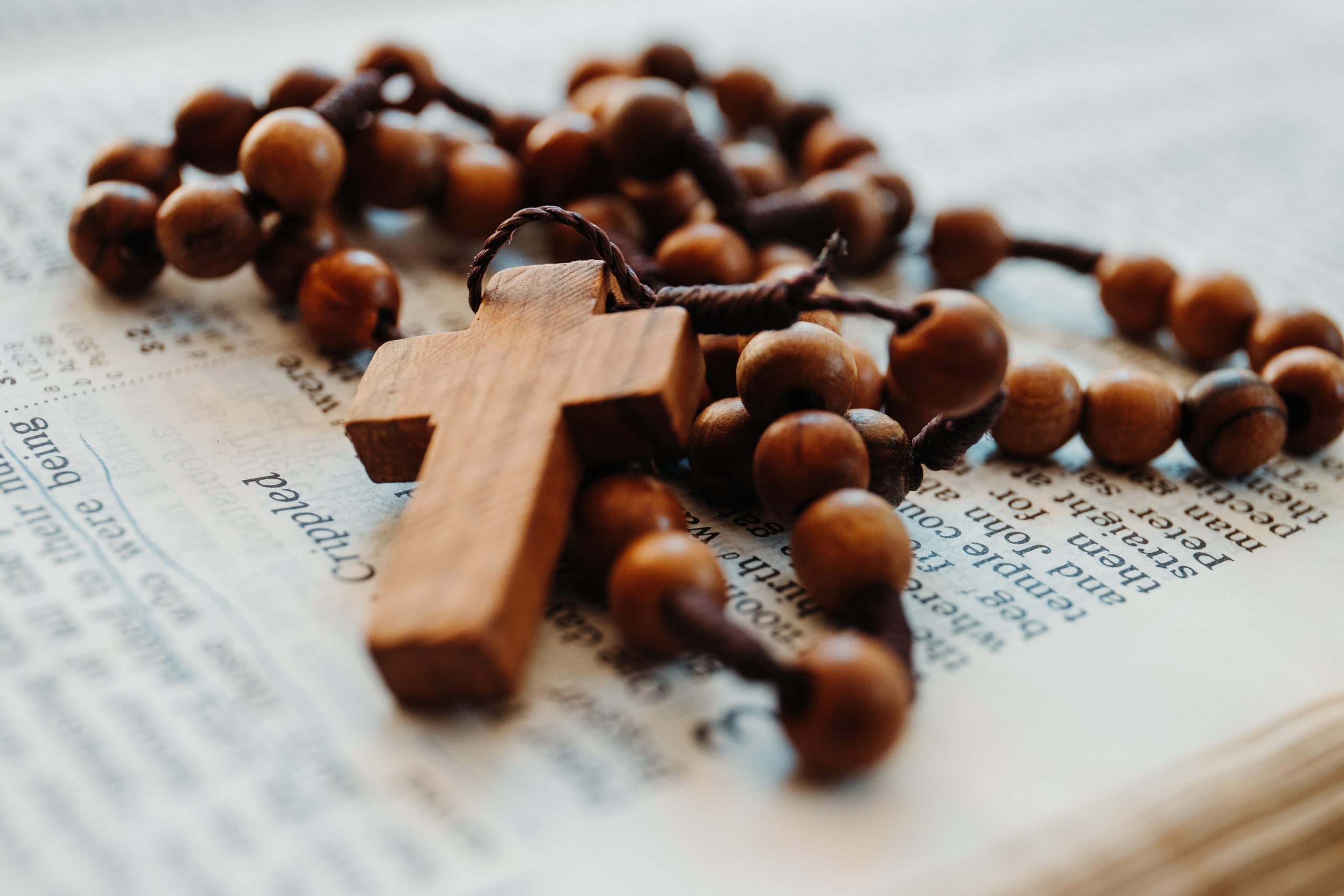Catholicism
“God's original creation is good. And God saw everything that God had made, and, behold, it was very good.”
—Genesis 1:31
Catholicism is a branch of Christianity that embraces the belief that God is the Holy Trinity who created everything in existence, including Earth and all of its inhabitants.
It is our duty as God’s people to respect and care for God’s magnificent creation. We must protect the natural world for ourselves, our families and the larger global community. By making environmentally conscious choices, we will be in greater harmony with God. The Earth is an irreplaceable gift from God.

There are three key teachings in Catholicism related to the environment.
1. Responsible Stewardship of the Earth
We have the potential to destroy the Earth or protect it. Caring for animals, plants, and ecosystems is a moral obligation. Responsibly managing Earth’s resources will help preserve the vibrant world we live in. Being an environmental steward involves taking action to lessen our negative impact upon the Earth. It includes making choices to live sustainably such as conserving energy by turning off electronic devices that are not currently in use, conserving water, recycling, and changing our food practices.
One example of Catholicism in environmental action is Genesis Farm in New Jersey. It was founded in 1980 by Dominican Sisters, who teach environmental education and sustainable living programs with a spiritual and holistic focus.
“We human beings are not only the beneficiaries but also the stewards of other creatures. Thanks to our bodies, God has joined us so closely to the world around us that we can feel the desertification of the soil almost as a physical ailment, and the extinction of a species as a painful disfigurement.”
—Apostolic Exhortation (The Joy of the Gospel)
Evangelii Gaudium of The Holy Father Francis, released on November 26, 2013 [Excerpted from Pope Francis’s first document outlining his vision for the Catholic Church]
2. Helping the Poor
Helping the poor is an important moral principle in Catholicism. We have an obligation to reduce the suffering of all people. This includes ensuring that people have access to clean air, water, food, and shelter.
Climate change often harms the lives of individuals in poverty the most. The Catholic Church calls upon people to take actions to help the poor by reducing our carbon footprint, using fewer resources, and other actions. This will ensure that all people can have access to resources that meet their basic needs.
3. Solidarity and the Common Good
Solidarity enables us to work together to solve our ecological crisis. We have the power to be agents of positive change. We have a responsibility to protect the Earth because we are all dependent upon it for survival.
How we choose to live our lives on a daily basis will help determine the vitality of our planet and all of its creatures. Catholic environmental advocacy groups such as the Franciscan Action Network spread the message of social justice through community organizing and activism.
“Solidarity … is not a feeling of vague compassion or shallow distress at the misfortunes of so many people, both near and far. On the contrary, it is a firm and persevering determination to commit oneself to the common good; that is to say, to the good of all and each individual, because we are all really responsible for all …”
—On Social Concern, #38
[Excerpted from Pope John Paul II’s document released in December 30, 1987 titled Sollicitudo Rei Socialis (On the Social Teaching of the Church)]
Actions
- Find more Catholic statements related to the environment at Catholic Climate Covenant
- The United States Conference of Catholic Bishops provides more in-depth information on Catholic teachings on social justice and the environment